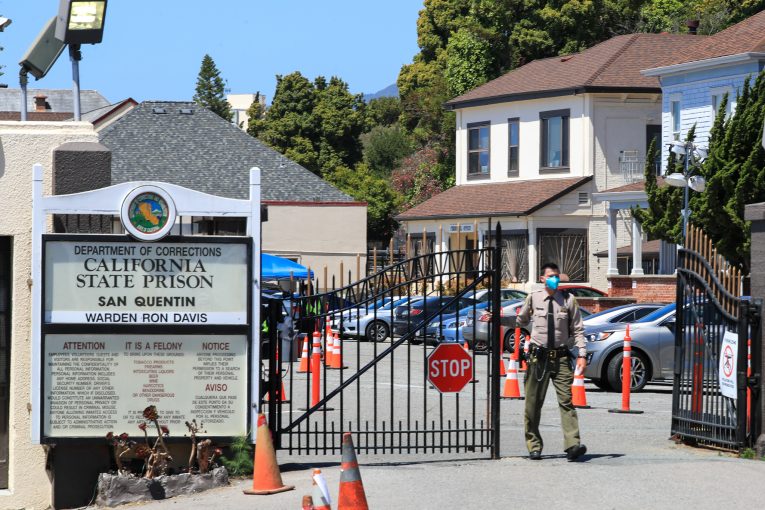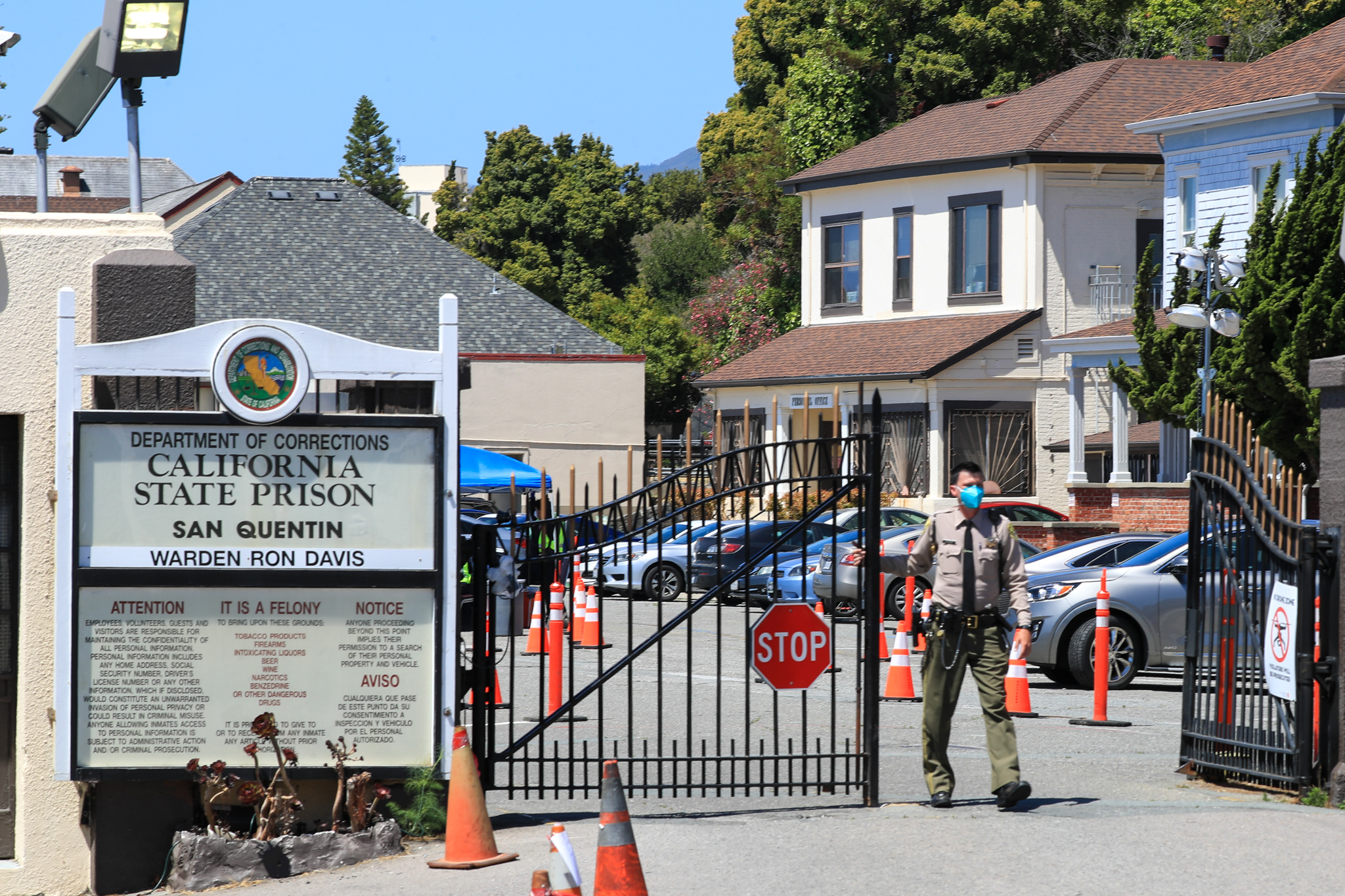

By Roxanna Jarvis and Dylan Ferguson
CALIFORNIA – One of the criminal justice-related propositions on the California ballot Nov. 3 is Proposition 20. And, if passed, Prop 20 would undo important criminal justice reforms in California, making it easier for prosecutors to send people to jail and harder for the incarcerated to get released from prison.
Proposition 20 is another attempt to fix the criminal justice system’s previous mistakes. It would make certain theft and fraud offenses that were made misdemeanors by Prop 47 into “wobblers,” meaning that people could be charged for misdemeanors or felonies, regardless of the value of the items stolen.
It would also require DNA collection for misdemeanor offenses; and it would decrease the number of crimes eligible for parole review.
Essentially, a vote for Prop 20 is a vote against criminal justice reform, according to reform advocates.
But, according to Patricia Wenskunas, Founder/CEO of Crime Survivors Inc., passing Prop 20 would be a victory for all.
“Under the common sense reforms of Proposition 20, victims and society receive justice, offenders are held accountable, and public safety is preserved. Proposition 20 is a win-win-win,” said  Wenskunas.
Wenskunas.
Yet, to the League of Women Voters California, it is quite the opposite. The League believes that if passed, California residents would see an increase in “state and local costs by tens of millions of dollars annually” (due to the increase of the prison population and changing the way post-release supervision is handled), without increasing public safety.
Prop 20 is supported by elected officials such as Assemblymember Jim Cooper (D), a former cop, and US Representative Devin Nunes (R). It is also supported by police unions, like the Association for Los Angeles Deputy Sheriffs and the Peace Officers Research Association of California.
Some organizations who are in opposition of Prop 20 are the California Teachers Association, the American Civil Liberties Union, and Chief Probation Officers of California. Former California Governor Jerry Brown (D) and the current California Governor Gavin Newsom (D) are also in opposition to the changes this proposition proposes.
In an exclusive interview conducted by KQED in 2018, Jerry Brown stated that “my concern about this initiative is that it was very poorly drafted. It has consequences that I believe the authors couldn’t even conceive of.”
Prop 20 is put forward by Assemblyman Cooper, and drafted in retaliation to the changes made from Props 47 and 57, critics claim.
Prop 47, passed in 2014, reduced the classification of most non-violent, petty crimes from felonies to misdemeanors, including theft and fraud. This was done by increasing the threshold for felonies to be $950 worth and above for stolen items.
Prop 47 resulted in a reduction in prison and jail populations with the money saved going towards crime prevention, victims, and rehabilitation instead–25 percent to the Department of Education, 10 percent to the Victim Compensation and Government Claims Board, and 65 percent to the Board of State and Community Correction.
If passed, Prop 20 would make certain fraud and theft offenses previously regarded as misdemeanors “wobblers”. A “wobbler” means that an offense could be charged either as a misdemeanor or a felony, regardless of the item being stolen. With Prop 20, theft between $250 to $950 could be charged as a felony.
In addition, Prop 20 would require DNA collection from those who convicted of felonies and wobblers before Prop 47, such as shoplifting, grand theft, and drug possession, as well as other crimes including domestic violence, willfully causing/permitting great bodily harm or death to an elder or dependent adult, and prostitution with a minor.
Proposition 20 would also undo Prop 57, passed in 2016, which increased chances for parole for felons convicted of nonviolent crimes and gave them more opportunities to earn “sentence-reduction credits” for good behavior.
In addition, Prop 57 required that judges, not prosecutors, decide whether juveniles should be tried as adults in court.
With the passage of Prop 20, the number of incarcerated individuals eligible to go before the parole board would be reduced, as the list of crimes classified as violent would increase.
A list of criteria would also be created for the Board of Parole hearings to use when considering whether to grant parole to individuals convicted of nonviolent crimes under Prop 57. Additionally, prosecutors would be allowed to access inmate information and victims’ families would be given the ability to participate in parole review.
The passing of Prop 20 could also result in extreme sentences for petty theft and will disproportionately impact vulnerable people of color.
“Thirty-two percent of the US population is represented by African Americans and Hispanics, compared to 56 percent of the US incarcerated population being represented by African Americans and Hispanics,” said the NAACP, noting “if African Americans and Hispanics were incarcerated at the same rates as whites, prison and jail populations would decline by almost 40 percent.”
Locking more individuals up and being “tough on crime” does not solve current issues of public safety, charges opponents of Prop. 20, who note that statistics show decreasing amounts of incarcerated individuals leads to decreasing levels of crime.
In the last decade, they claim, 14 states saw declines in both incarceration and crime, including California. During this period, California’s imprisonment and crime decreased by more than 15 percent.
Opponents maintain prison and jail populations need to decrease, not increase, urging that tax monies need to go towards communities, rehabilitation, and victim services–not incarceration.
To sign up for our new newsletter – Everyday Injustice – https://tinyurl.com/yyultcf9
Support our work – to become a sustaining at $5 – $10- $25 per month hit the link:
I’m voting no on Prop 20 and other criminal reform initiatives until the DAs and police on one side and the reformers behind Prop 47 and 57 come together with a comprehensive reform package. We’re in dueling visions right now which will not be productive.